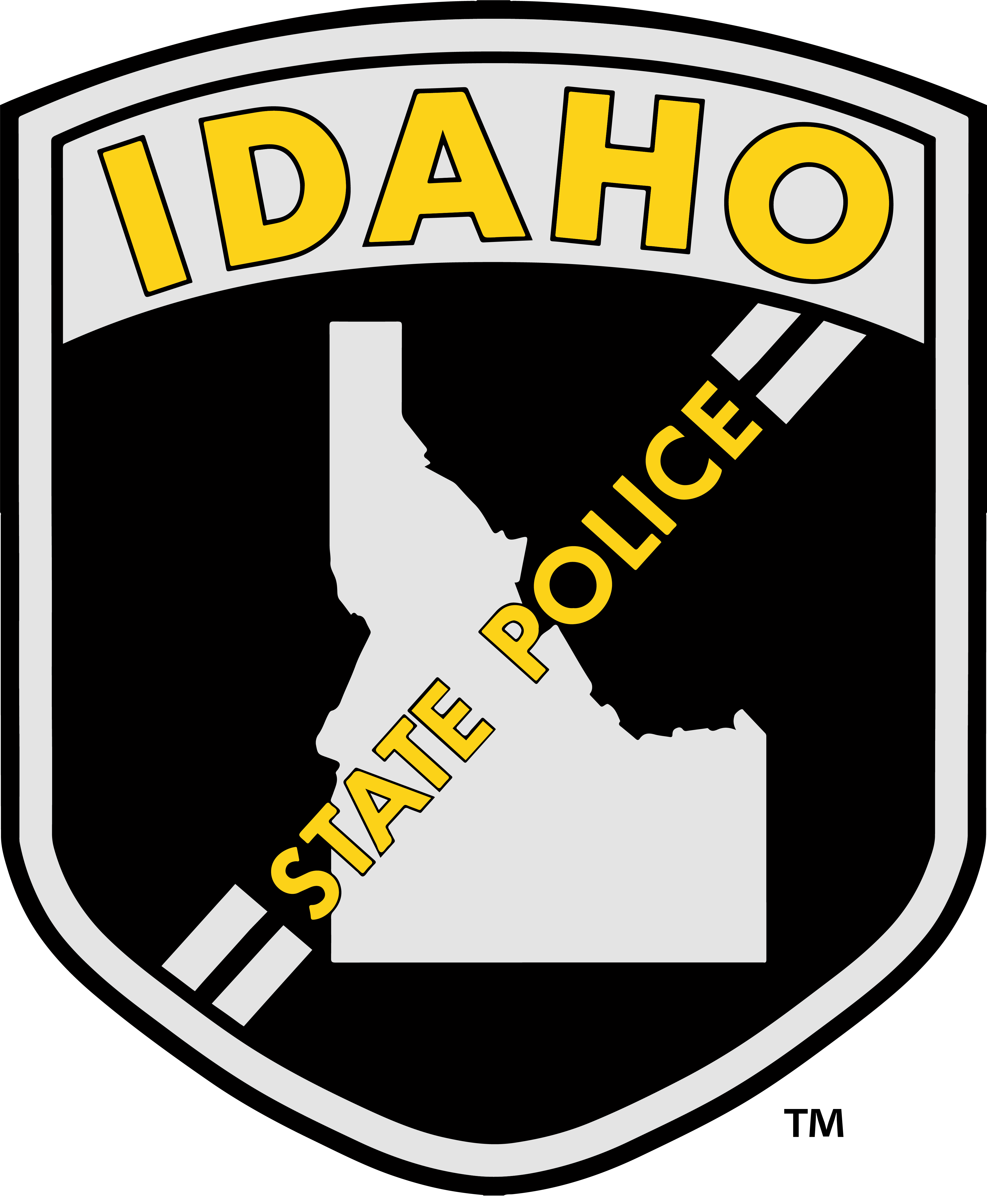ABC receives numerous inquiries on alcohol licensing for mobile beer and wine trucks/trailers. There are no alcohol licenses available for the sole purpose of operating a mobile beer or wine truck/trailer in Idaho.
Three licensing types are available for retailers:
- Bar,
- Restaurant, and
- Convenience/grocery stores.
A licensee is obligated to present themselves publicly in accordance with their granted license. Their premises must be suitable for the specific license they are seeking, ensuring legitimate sales are conducted on the licensed premises. The establishment should maintain regular business hours and be open for inspection at any time.
A permanent structure with a designated address is necessary to obtain a license. This structure must comply with proper zoning regulations, as well as meet other city and county requirements such as parking, fire suppression, and ADA accessibility. State, county, and city authorities all require alcohol licensing, especially if the establishment is within city limits.
Following the acquisition of a license, alcohol sales, and consumption are restricted to the licensed premises unless a catering permit is secured for a special event. A catering permit is a temporary license extension, allowing alcohol service for a limited duration during events like weddings, holiday celebrations, or community gatherings. The permit must be obtained through the relevant city or county where the event is scheduled to take place.
Frequently Asked Questions
The State of Idaho does not offer an alcohol license exclusively for mobile establishments. Before applying, an individual seeking a retail alcohol license must have a brick-and-mortar location. Once open and operational, any off-site events are conducted as an extension of the brick-and-mortar location through a catering permit.
If operating legally, the mobile bar is a direct extension of a brick-and-mortar location in Idaho. Some have branded themselves as a different entity but are direct W2 employees of a licensed brick-and-mortar location. ABC is making ongoing efforts to combat the illegal activity of those who do not possess a valid alcohol license.
Licenses are separate and distinct and cannot be shared by a license holder to further another business. If another individual misuses the license, they may face potential criminal charges. In addition, the licensee can be administratively violated by a fine, suspension, or revocation of the license. An alternative is becoming a W2 employee of that establishment and a mobile caterer. In this instance, all revenue from events, liquor purchases, and permits must go through the licensed brick-and-mortar.
Catering permits are only issued by the local municipality/jurisdiction to those who possess a retail alcohol license. Catering permits are issued for a one-time event such as a festival in a park, wedding, farmer’s market, etc. Unlicensed individuals are not allowed to sell, serve, or dispense alcohol at public functions without a license and corresponding catering permit.
The term “dry hire” has been used in various instances recently. Per Idaho Code, only those licensed and authorized in Title 23 are allowed to sell, serve, and/or dispense alcohol. Many individuals have inquired about having individuals purchase and transport the alcohol for them to an event. They intend to only pour and serve the alcohol. However, the act of dispensing the alcohol to the public still constitutes a violation of state law and “dry hire” is not allowed.
There has often been significant confusion regarding the terminology of licensed and certified bartenders. Per Idaho State Law, there is no formal training required to sell, serve, and dispense liquor. However, many city and county ordinances throughout Idaho have adopted requirements for formal training. This generally includes an acceptable list of programs recognized as satisfactory by that jurisdiction. Businesses that possess a retail alcohol license within that jurisdiction are required to adhere to the required training. As a result, bartenders and servers receive a “certification” of training. Therefore, employees of an establishment are considered “certified” in alcohol service, not “licensed.” As mentioned before, you must be a direct employee of a licensed brick-and-mortar establishment to sell, serve, and/or dispense alcoholic beverages in a place of commerce.
